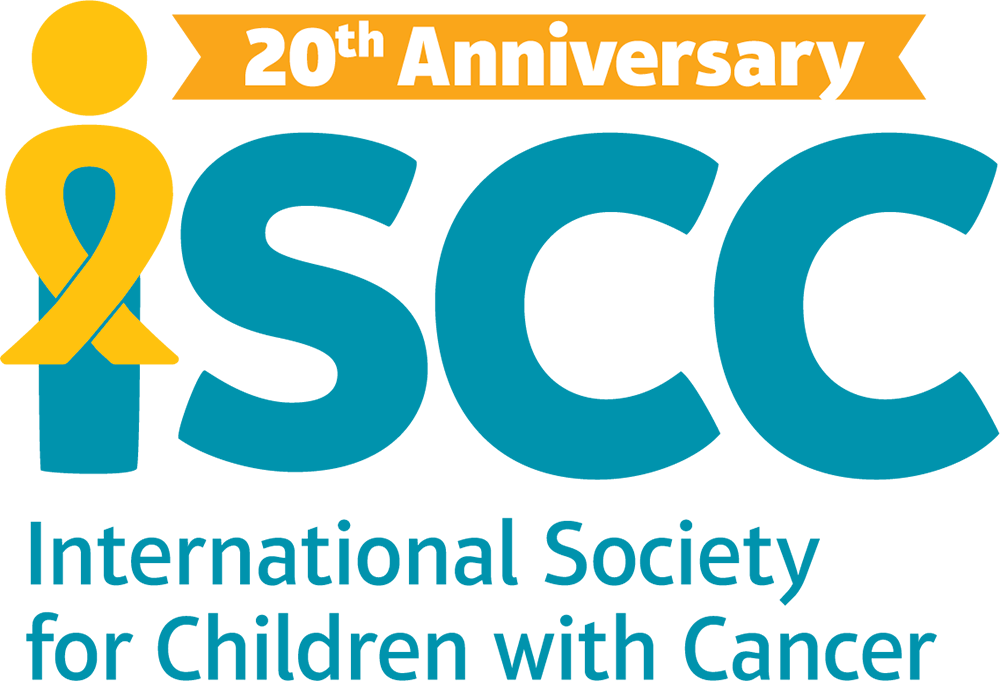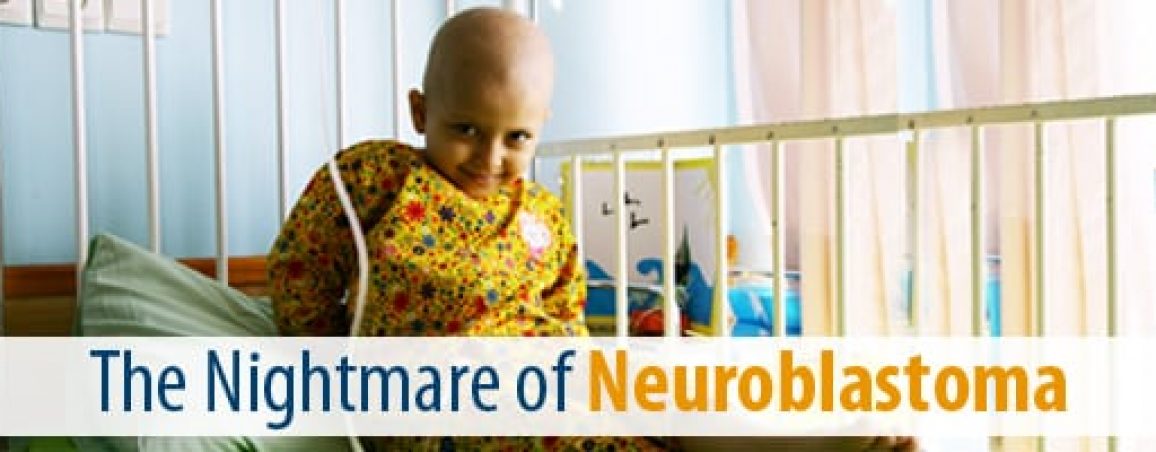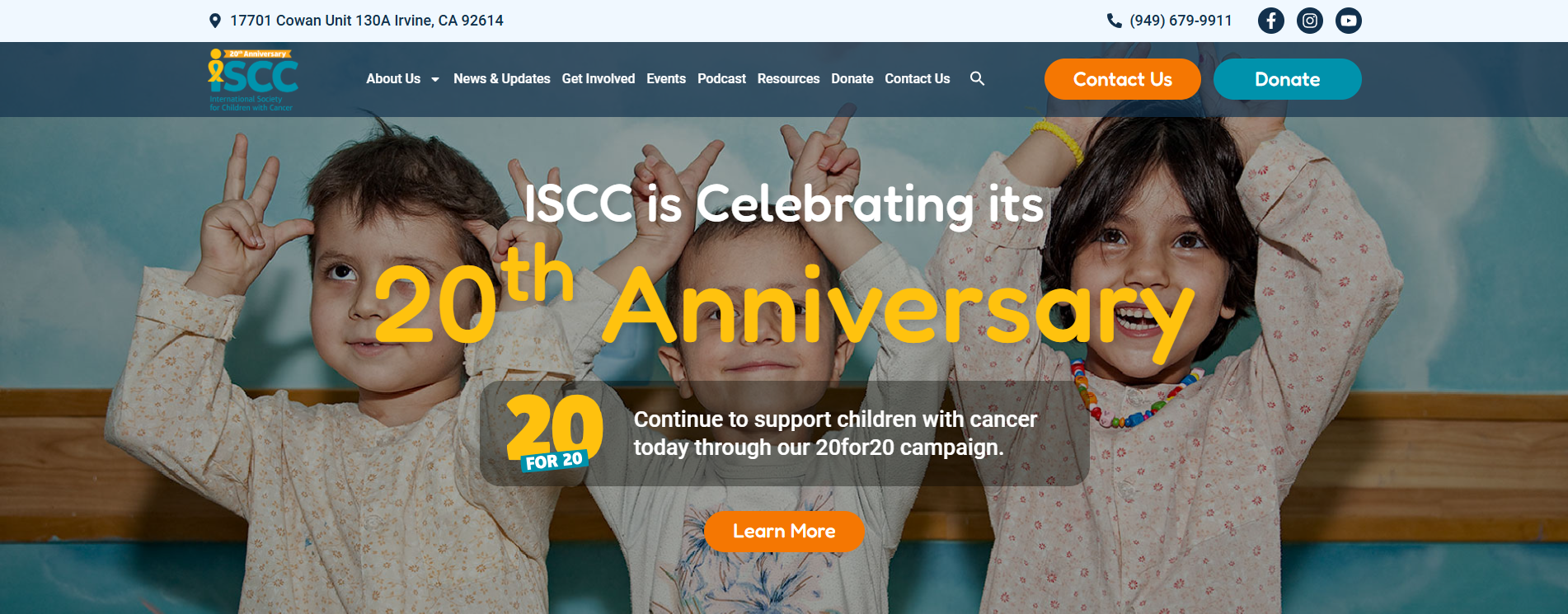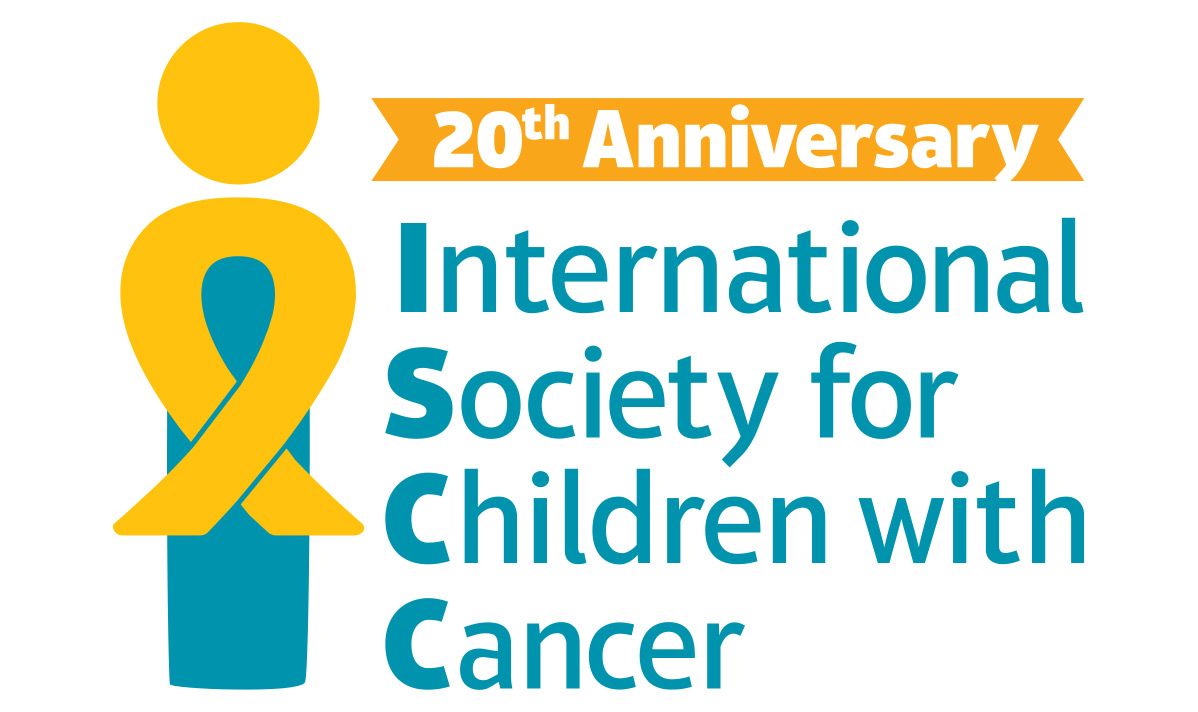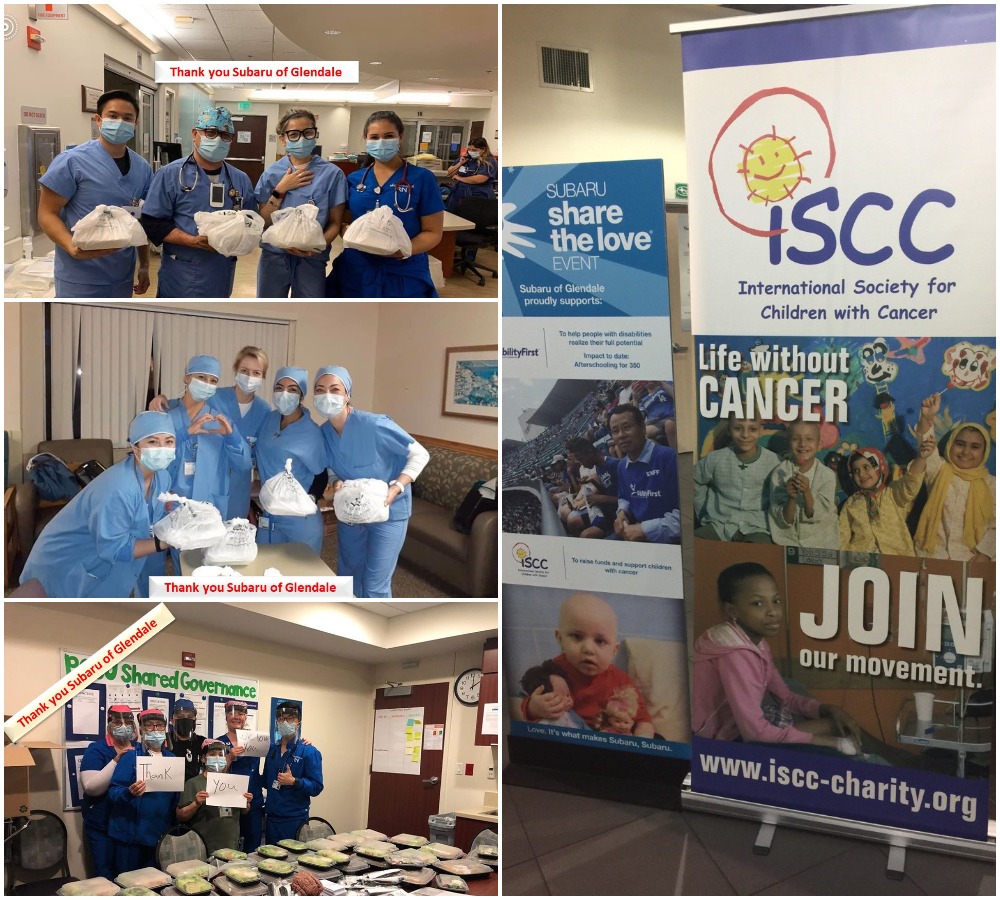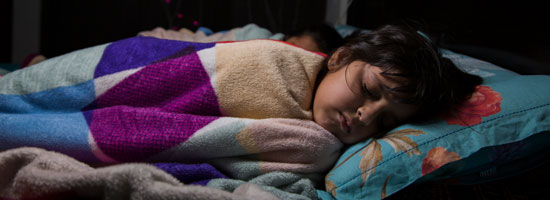When it comes to cancer in children, there are so many different medical terms, causes, and symptoms floating around that it can be difficult to sort through all of the information. Neuroblastoma is a type of cancer that is especially difficult for parents to handle.
What exactly is neuroblastoma?
Neuroblastoma attacks the nervous system and neuroendocrine glands. Tumors will frequently develop in the adrenal glands, but can also develop in varying nerve tissues found within the neck, chest, abdomen, or pelvis. The most horrific part of this cancer is that it is most commonly found in children less than two years of age. That means that toddlers, along with infants and newborns, can develop this cancer.
What are the risk factors?
In some cases, a high risk for neuroblastoma can be passed down from parent to child, but this is not common. It appears that neuroblastoma occurs in infants and children sporadically. Normal immature nerve cells, called neuroblasts, are supposed to develop into functioning nerve cells. In unfortunate cases, these neuroblasts develop into cancer cells instead. The exact cause of this sporadic growth is unknown.
How is neuroblastoma detected?
Neuroblastoma often occurs in children even before they are born. Many of the symptoms of neuroblastoma can be vague and may point to several other childhood diseases, making it hard to diagnose the cancer.
Some early symptoms include fever, nausea, and pain. Loss of appetite (and therefore, weight) and diarrhea may also be involved. Since this is a cancer that affects different areas of the body, there are some symptoms that change depending on the locations of the tumors. These varying symptoms may include bone pain or tenderness, an enlarged abdomen, flushed or red skin, pale skin or a blue coloring around the eyes, profuse sweating, a rapid pulse, and difficulty breathing or a chronic cough.
Neuroblastoma affects the brain and nervous system, so a child may also have an inability to empty the bladder, problems with balance, and either loss of or uncontrolled movement of the eyes and/or lower extremities.
Can neuroblastoma be cured?
If the cancer is diagnosed early, there is a high probability of recession and treatment. Surgery, chemotherapy, and radiation therapy can all be used to either remove the tumor or prevent it from spreading.
